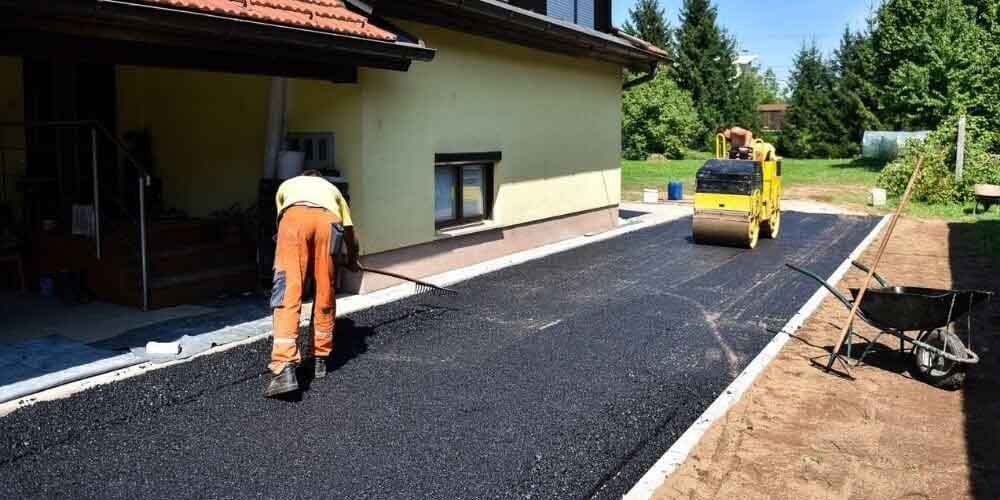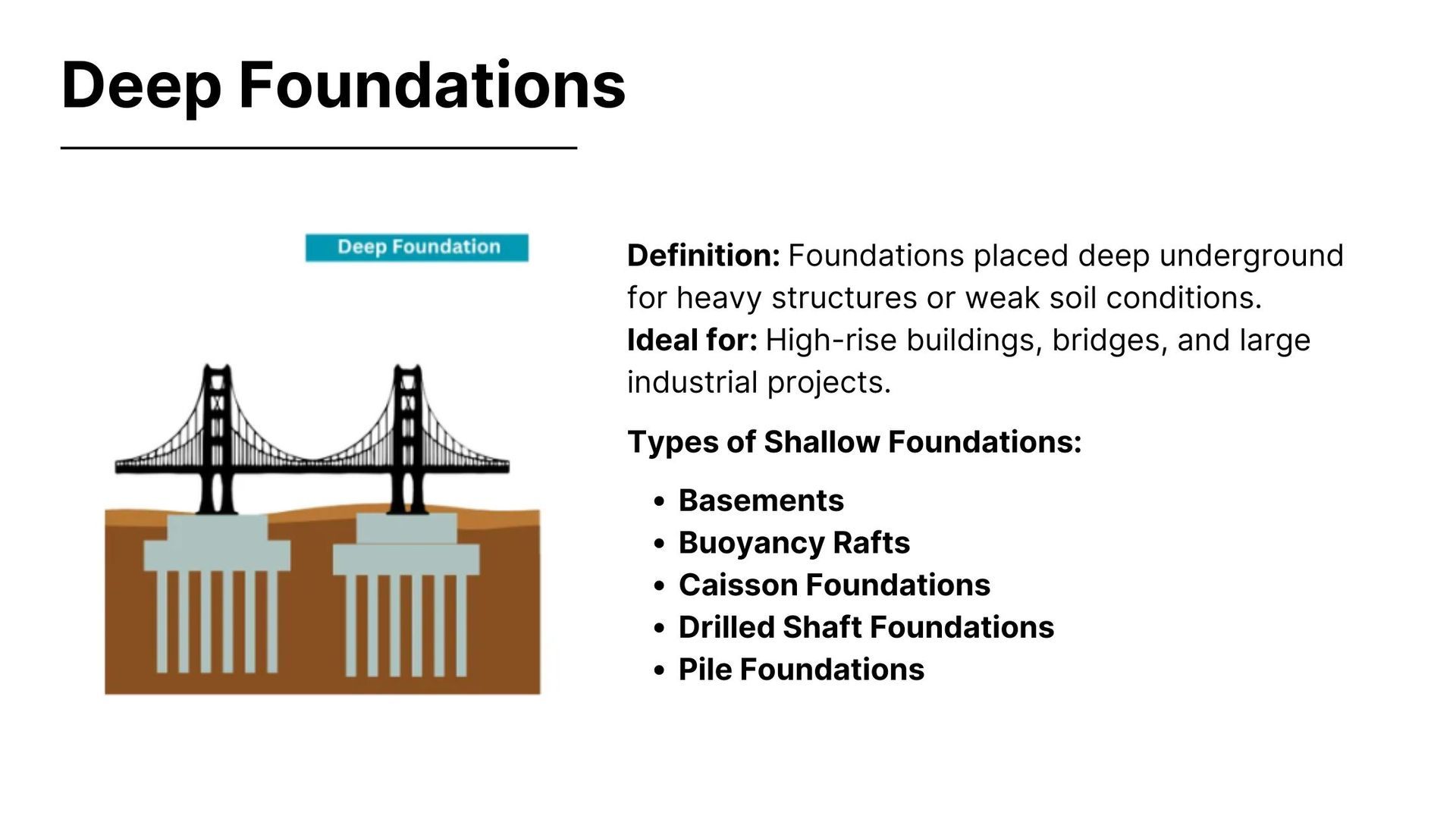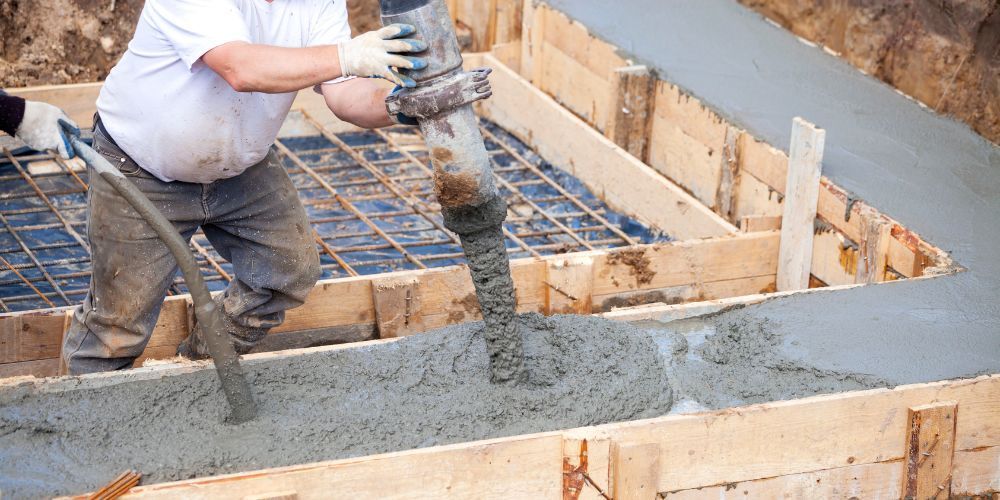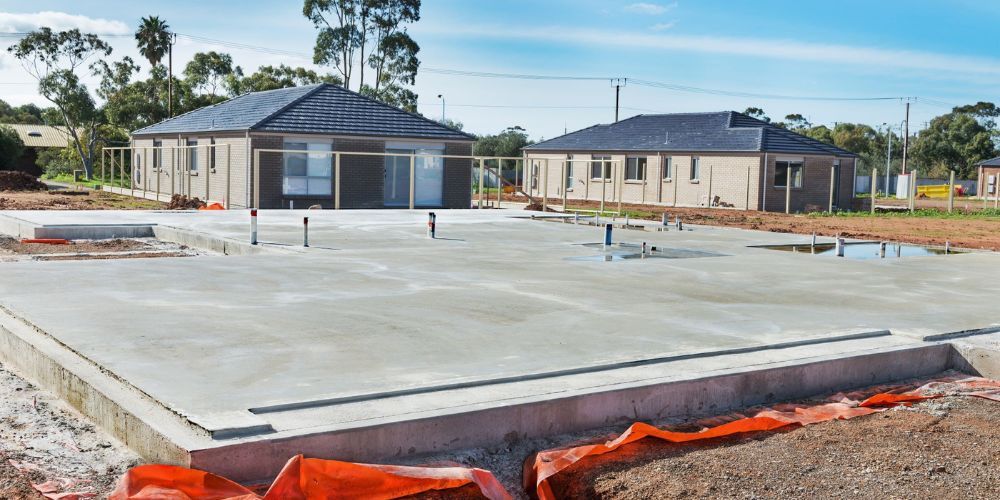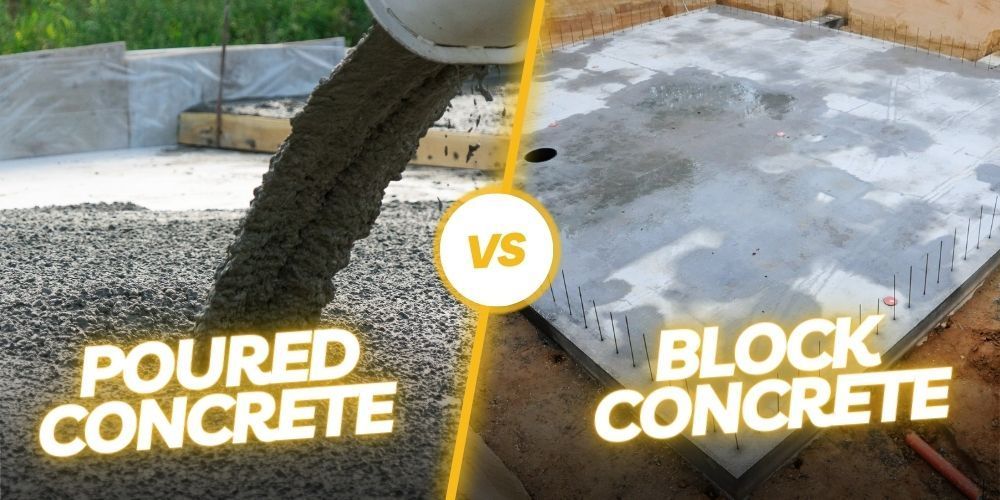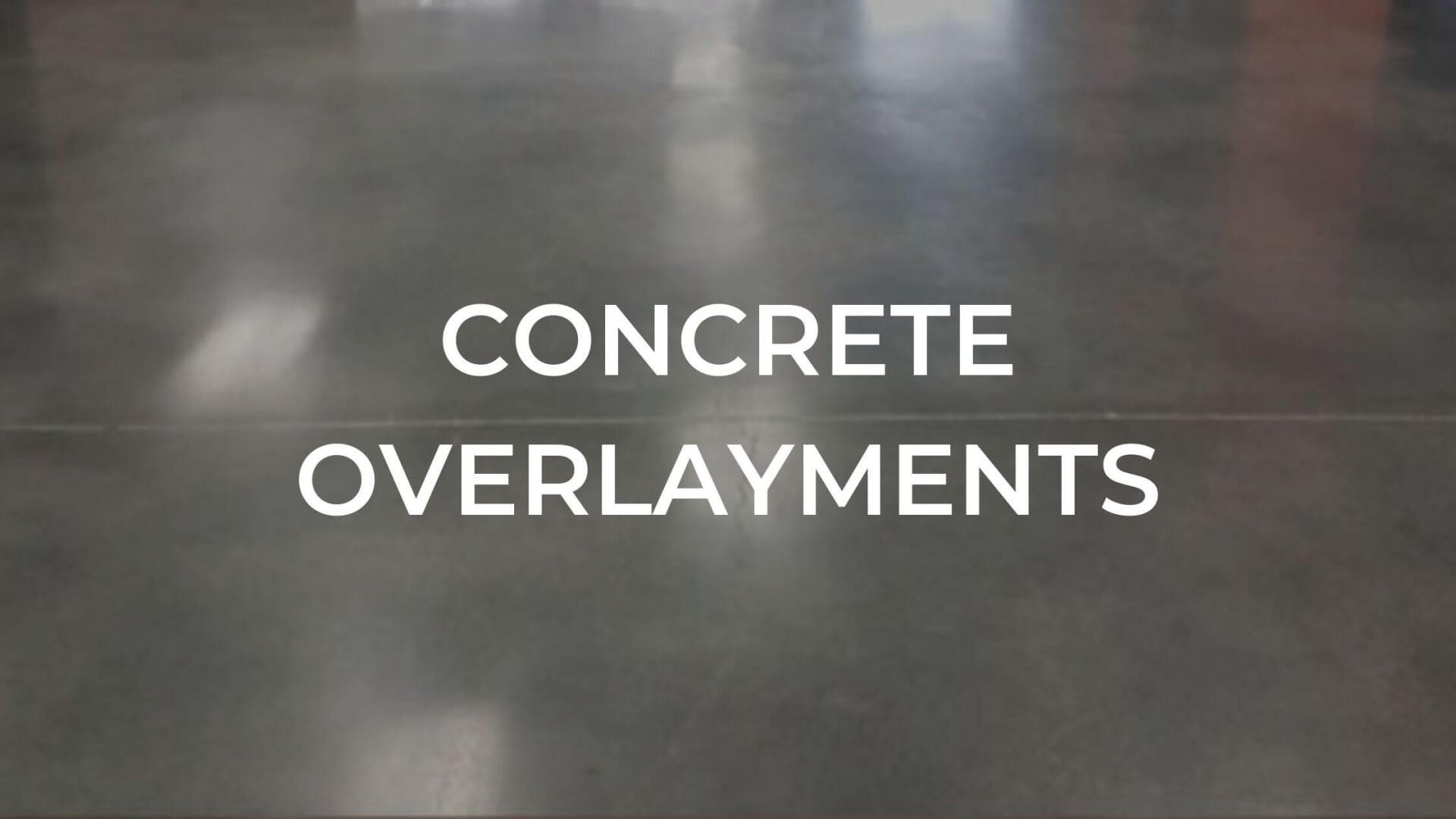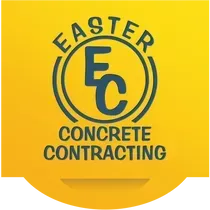Winter Care Tips for Your Concrete Driveway
Winter can be harsh on your concrete driveway. The combination of freezing temperatures, snow, ice, and road salt can take a toll on its durability and appearance. To ensure your driveway remains in excellent condition throughout the winter months, it's crucial to follow some simple yet effective care tips. In this blog, we'll discuss eight essential winter care tips for your concrete driveways.
8 Essential Winter Care Tips for Your Residential Driveways
Clean and Seal Your Driveway
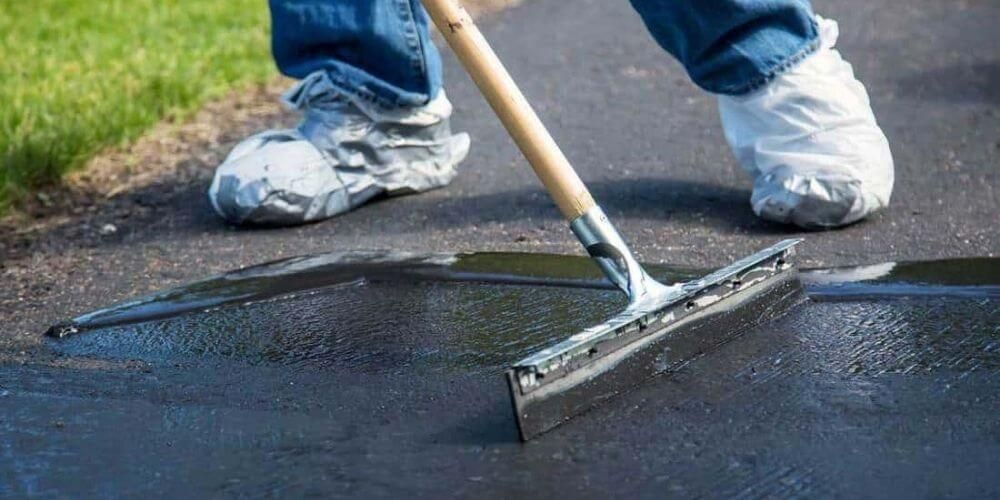
Before winter sets in, it's important to clean your concrete driveway thoroughly. Remove any dirt, debris, or leaves, as they can trap moisture and lead to cracks when frozen. Use a pressure washer or a stiff-bristle brush to get the job done.
Once your driveway is clean and dry, consider applying a high-quality concrete sealer. Sealing your driveway creates a protective barrier against water, snow, and ice, preventing them from penetrating the concrete and causing damage. Make sure to choose a sealer specifically designed for concrete surfaces and apply it following the manufacturer's instructions.
Fill Cracks and Holes
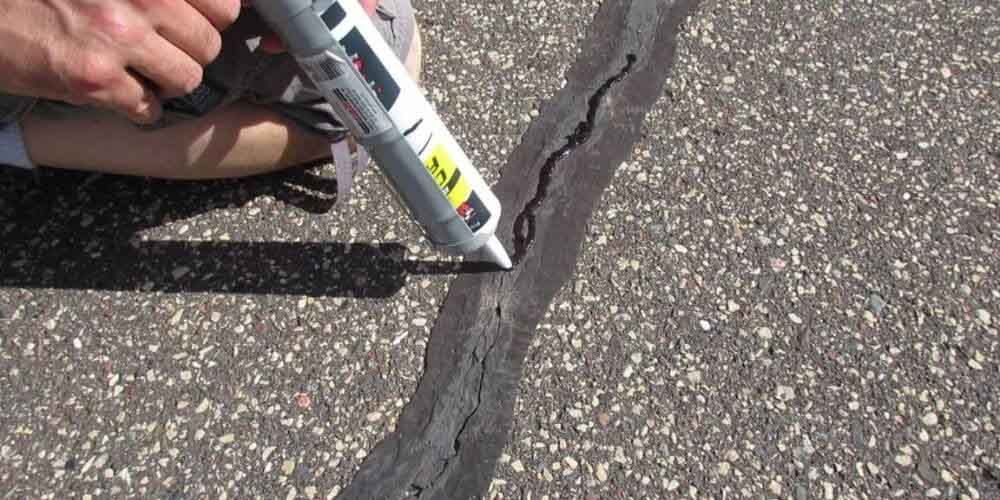
Any existing cracks or holes in your driveway can become bigger problems during the winter. Water can seep into these openings and freeze, causing the cracks to expand. To prevent this, inspect your driveway and fill any cracks or holes with a suitable concrete patching compound.
It's essential to address these issues before the cold weather arrives to avoid more extensive damage.
Avoid Using Deicing Chemicals
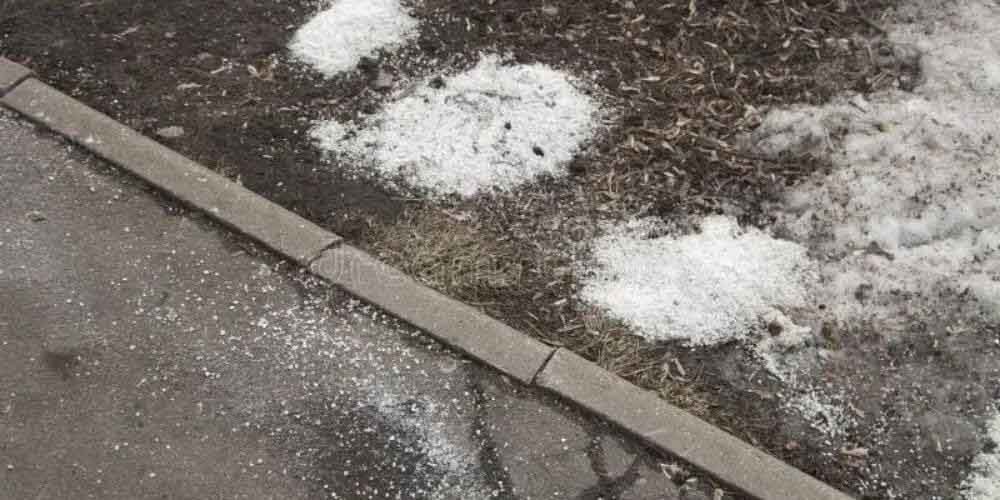
While deicing chemicals such as rock salt, calcium chloride, and magnesium chloride can effectively melt snow and ice, they can be harmful to your concrete driveway. These chemicals can lead to spalling, which is the chipping and scaling of the concrete surface. To protect your driveway, consider alternative deicing methods such as sand or kitty litter. If you must use deicing chemicals, use them sparingly and according to the manufacturer's recommendations.
Shovel Snow Promptly
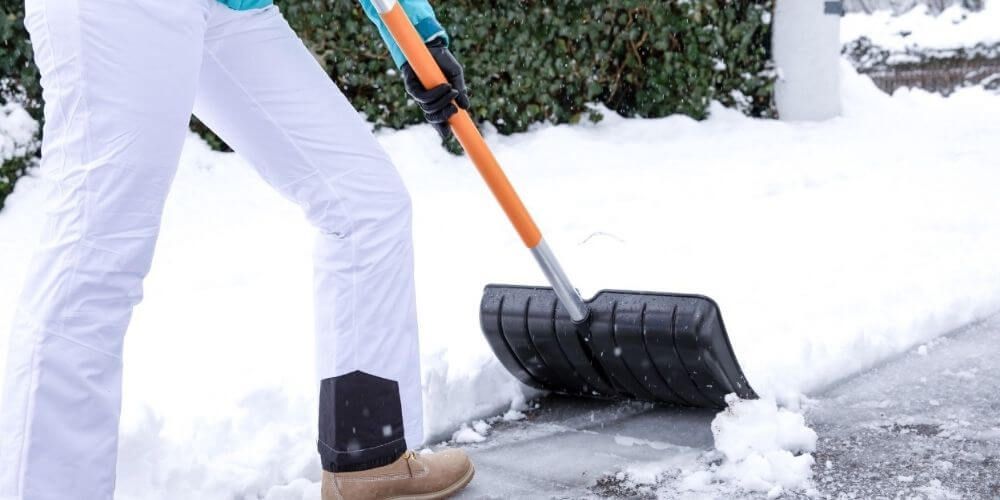
One of the simplest and most effective ways to protect your concrete driveway during the winter is to shovel snow promptly after each snowfall. Snow and ice can be heavy, and allowing them to accumulate on your driveway can lead to increased pressure, potentially causing cracks or damage. Use a snow shovel with a plastic blade or a snow blower to clear the snow without damaging the concrete surface. Be sure to remove as much snow as possible to prevent the formation of ice patches.
Use a Plastic Snow Shovel
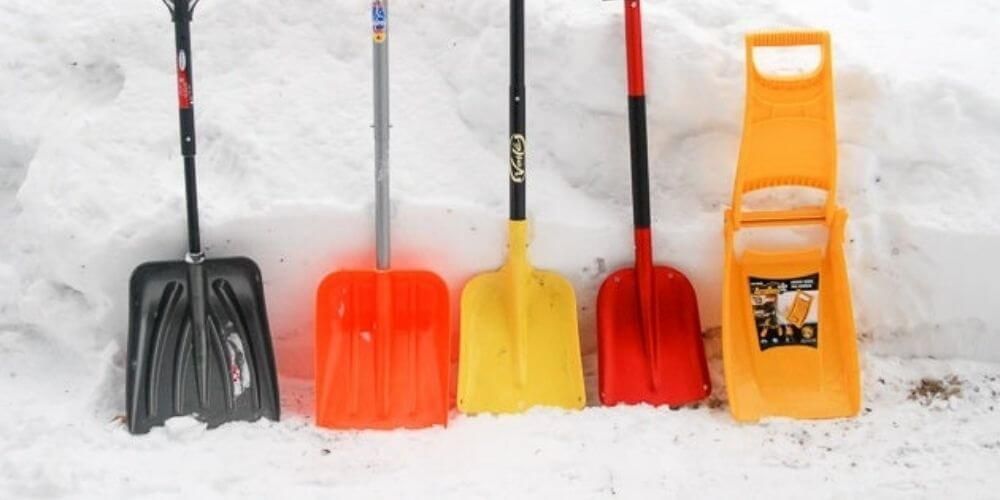
When shoveling snow, opt for a plastic snow shovel instead of a metal one. Plastic shovels are less likely to scratch or damage the concrete surface, helping to maintain its appearance and longevity. If you do use a metal shovel, be very careful not to scrape the concrete while clearing the snow.
Practice Proper Snow Plowing
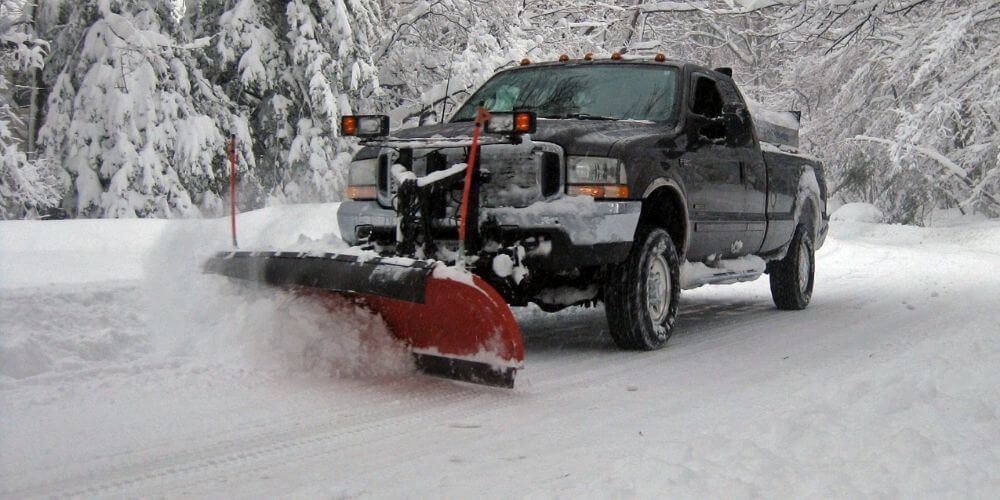
If you have a larger driveway or live in an area with heavy snowfall, you may use a snowplow to clear your driveway. While snowplows are effective, they can also be damaging if not used properly. To prevent damage to your concrete driveway, follow these tips when using a snowplow:
- Raise the plow blade to avoid contact with the concrete surface.
- Use skid shoes to set the plow blade at the correct height, ensuring it doesn't touch the concrete.
- Be cautious when turning to avoid scraping the concrete with the plow.
Avoid Parking in the Same Spot
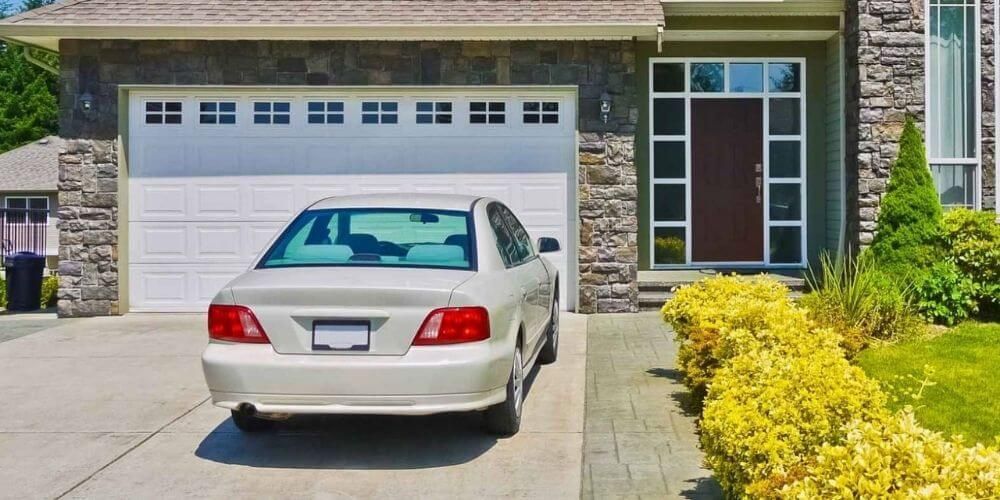
Parking in the same spot on your concrete driveway for an extended period during the winter can lead to uneven weight distribution and potential damage. As concrete can become more susceptible to cracking and wear in cold weather, it's a good practice to move your parked vehicles around regularly. This helps distribute the pressure and minimizes the risk of damage to specific areas of the driveway.
Perform Regular Maintenance
Throughout the winter, continue to monitor the condition of your concrete driveway. Check for any new cracks or signs of damage. If you notice any issues, address them promptly to prevent further deterioration. Additionally, reapply sealer as needed to maintain its protective qualities.
Conclusion
Caring for your concrete driveway during the winter is essential to ensure its longevity and appearance. By following these eight winter care tips, you can protect your driveway from the harsh effects of snow, ice, and freezing temperatures. Regular maintenance and proactive measures will help keep your concrete driveway in excellent condition, making it a safe and attractive entry point to your home year-round. Remember, a well-maintained driveway not only enhances the curb appeal of your home but also reduces the need for costly repairs in the long run. So, take these precautions to heart and enjoy a durable and beautiful driveway throughout the winter season.
Frequently Asked Questions



